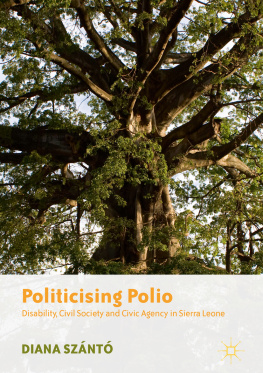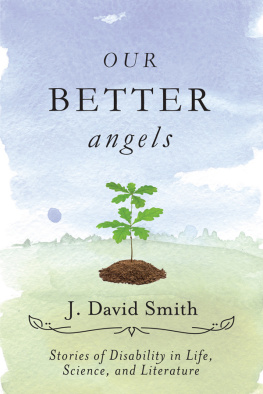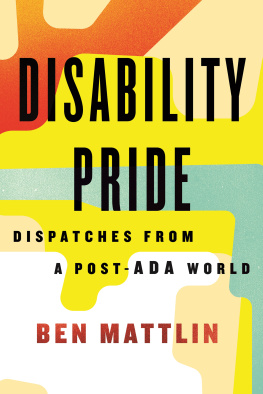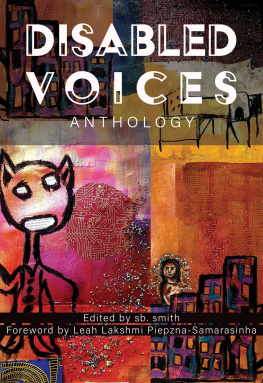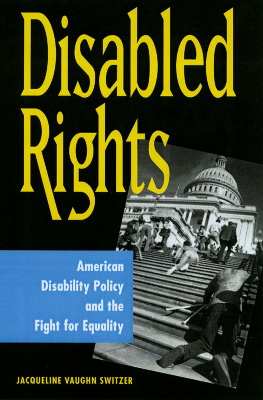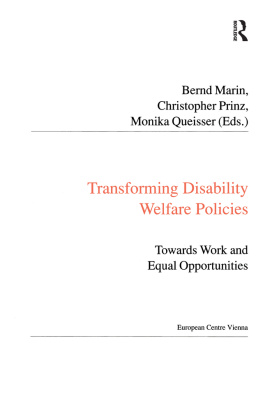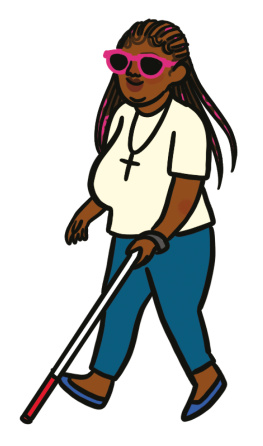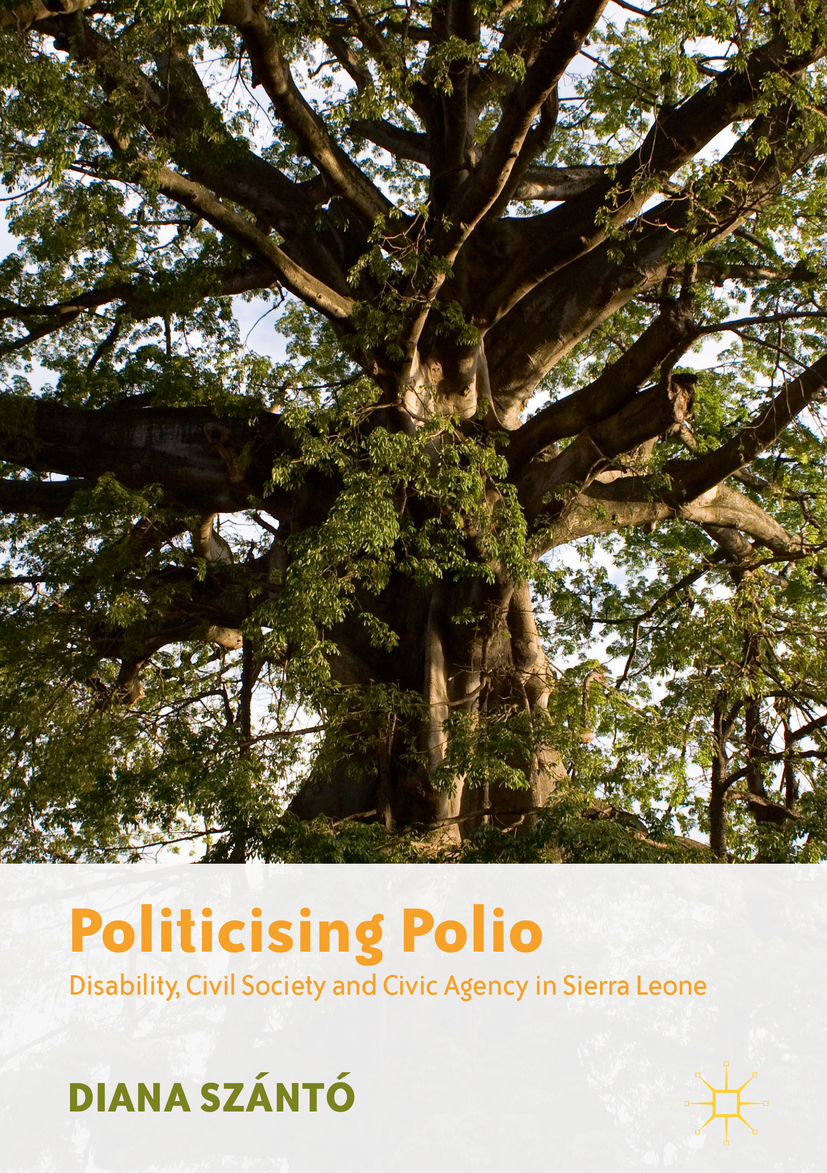Diana Sznt
Budapest, Hungary
ISBN 978-981-13-6110-4 e-ISBN 978-981-13-6111-1
https://doi.org/10.1007/978-981-13-6111-1
The Editor(s) (if applicable) and The Author(s) 2020
This work is subject to copyright. All rights are solely and exclusively licensed by the Publisher, whether the whole or part of the material is concerned, specifically the rights of translation, reprinting, reuse of illustrations, recitation, broadcasting, reproduction on microfilms or in any other physical way, and transmission or information storage and retrieval, electronic adaptation, computer software, or by similar or dissimilar methodology now known or hereafter developed.
The use of general descriptive names, registered names, trademarks, service marks, etc. in this publication does not imply, even in the absence of a specific statement, that such names are exempt from the relevant protective laws and regulations and therefore free for general use.
The publisher, the authors and the editors are safe to assume that the advice and information in this book are believed to be true and accurate at the date of publication. Neither the publisher nor the authors or the editors give a warranty, express or implied, with respect to the material contained herein or for any errors or omissions that may have been made. The publisher remains neutral with regard to jurisdictional claims in published maps and institutional affiliations.
Cover illustration: Lee Karen Stow / Alamy Stock Photo
This Palgrave Macmillan imprint is published by the registered company Springer Nature Singapore Pte Ltd.
The registered company address is: 152 Beach Road, #21-01/04 Gateway East, Singapore 189721, Singapore
Preface
This book is not about disability per se. It is about people, much like ourselves, could I say, in the trail of Eric Silla writing about a leper community in Mali, if I was not afraid that such a statement would antagonise people with disability, creating an us and them divide, right at the beginning. Such a divide is quite the opposite of what I would like to achieve with this book. My protagonists are certainly disabled, but first of all, they are people, people fighting to survive, collectively and individually, loving, hating, playing, praying and working. I do not want to deny the specificity of their experience, but I am more interested in what they have in common, with me, with other Sierra Leoneans, situating, as Silla did, the lives of a small and hidden minority within the larger patterns of the human experience (Silla, 1998:15).
The people I write about are extraordinary in several ways. They live with the sequels of polio and organise themselves in self-managed collective shelters in Freetown, the capital of Sierra Leone. Beyond disability, they have to cope with poverty, uneven development and with the strange distance of the state, appearing to be sometimes too far, sometimes too close. They are not simply poor, they are affected by poverty in complex ways. Acknowledging that their poverty is multidimensional (Eide & Ingstad, 2011; Groce, Kett, Lang, & Trani, 2011) does not only mean recognising the intersectional characteristics of structural violence affecting disabled people. It may lead to the realisation that poverty itself may constitute disability (Eide & Ingstad, 2013). The Freetown polio-disabled fight many of their fights not as disabled people, but as informal inhabitants of the city. They are vulnerable not only to discrimination but also to urban modernisation creating a scarcity of land and leading to the overrating of urban real estates pushing the poor out of the city. With this ethnography, therefore, I relate to several scientific communities, interested in disability but also in urban studies. Within disability studies I join those working on disability in the Global South (Holzer, Vreede, & Weigt, 1999; Ingstad, 1990, 1999; Ingstad & Whyte, 1995, 2007; Shuttleworth, 1999), hoping that I can contribute in this way modestly to the collective project of decolonising disability (Connell, 2011; Fougeyrollas, 2010; Grech, 2015a, 2015b, 2016; Meekosha, 2011; Meekosha & Soldatic, 2011; Mji, Gcaza, Swartz, MacLachlan, & Hutton, 2011; Onazi, 2016), by inversing the direction of knowledge transfer traditionally going from the North to the South (J. Comaroff & Comaroff, 2012), proving that disabled people organising themselves in other places of the world can actually learn from the example of the Sierra Leonean polio-disabled. More particularly, I hope to contribute to the knowledge about disability in Sierra Leone (Berghs and Dos Dantos-Zingale, 2011; M. Berghs, 2016; Groce, 2018; Ibrahim; McColl, 2006; Ovadiya & Zampaglione, 2009; Ibrahim and Shepler, 2011; Trani et al., 2009, 2011) adding to the still small but growing corpus of ethnographically-inspired studies of particular disabled groups (M. Berghs, 2012; Cole, 2014). As much as I know, mine is the first ethnographic research of the self-managed polio-communities.
Within urban studies this work seeks to establish connection with previous research on the construction and meaning of urban space (Boeck & Plissart, 2014, first edition 2004); Certeau, 1984; Harvey, 1993; Lefebvre, 1991), on urban poverty , spatial exclusion and neoliberal urban development (M. Davis, 2006b; De Boeck, 2011; Goodfellow & Smith, 2013; Kamete, 2013; Roy & AlSayyad, 2004). It wishes to enter in conversation with those authors whose analysis of urban space feeds into a broader critical theory of late capitalism (Ferguson, 2010; Sassen, 1991, 2014), finding natural affinity with ideas considering urbanity as a space from where innovation and positive democratic transformation may emerge (Harvey, 2012; Holston, 2008; McFarlane & Waibel, 2012; Pouligny, 2005; Samara, He, & Chen, 2013; Simone, 2004).
The stories of the polio-disabled of Freetown organised in self-managed collective homes teaches us first of all about the collective agency of people with disability. But more broadly, these stories speak also about the nature of the social and political transformations which Sierra Leone embraced at the end of its decade-long civil war ( Adolfo, 2013; Bangura, 2015; Christensen & Utas, 2016; Cubitt, 2013; Fanthorpe, 2005; Fithen, 2005; Millar, 2014; Newman, Paris, & Richmond, 2009; Pouligny, 2005; Richards & Helander, 2005; Tom, 2017; Utas, 2005). In this way, the book is an account of the top-down post-conflict democracy building from the perspective of the bottom. The type of democracy that was being built in Sierra Leone after the war was promoted globally (by peaceful and less peaceful means) from the late 1990s. It was based on a few simple principles: free multiparty elections, open markets and a thriving civil society . Not unrelated to this process, in the same period, civil society became definitely equated with formal organisations known as civil society organisations or NGOs. The new moral and political importance attributed to civil society led to the rapid increase of civil society organisations both in number and in influence, resulting in a particular social formation that was called elsewhere project society (Sampson, 2005; Steven, 1996). For the disabled people in Sierra Leone, this form of democratisation shaped the space from where their voice could be heard. The self-organising polio communities with which I deal here found a way to legitimise their collective agency as part of the official civil society from their position of disabled peoples organisations (DPOs). In this way, the informal collective polio homes became incorporated in project society. For a long time, I thought I was to write an ethnography of NGOisation. Retrospectively, this ethnography rather appears to be an account of the rise and decline of project society.

